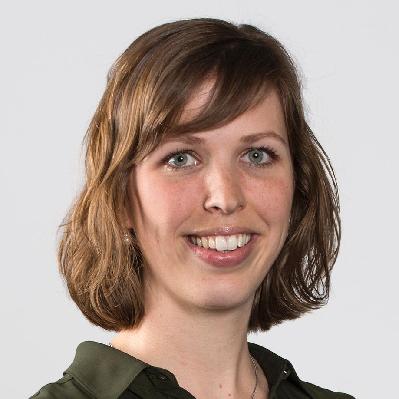Other Projects
Other Projects
Other Projects
Biomechanical Analysis of Ski Jumping
Professor Gertjan Ettema has, over several years, contributed to the analysis of ski jumping technique, where both force and motion measurements are conducted in laboratory settings with ski jumpers. The focus has been on understanding the relationship between technique and performance. These analyses have now been moved to the ski jumping hill, and we have initiated the development of advanced video analysis. This advancement in video technology enables detailed analysis of the take-off and early flight phase during competitions, with the level of detail required for scientific biomechanical research. In addition to Gertjan, Ola Elfmark is working on the project in a 50% postdoctoral position, with the remaining part of his position at Olympiatoppen. Continuous dialogue regarding planning and results with practitioners, through this project and in collaboration with Steinar Bråten at Olympiatoppen Midt-Norge, ensures high practical relevance and transferability.
Sport-Specific Demands in Cross-Country Skiing, Biathlon, and Nordic Combined
Over several years, SenTIF has collaborated with Olympiatoppen and national sports federations to conduct training and competition analyses in cooperation with national teams in cross-country skiing, biathlon, and Nordic combined. Similar analyses are also conducted in para cross-country skiing. These studies utilize portable sensors (GPS and IMU technology), allowing us to examine athlete performance in real-world environments—an essential supplement to data collected under controlled conditions. New algorithms have been developed and applied to analyze and compare speed, technique, and tactical factors. Overall, this has led to a deeper understanding of the mechanisms behind elite performance and how training and tactical decisions influence physiological responses, technical execution, and ultimately, top-level results.
In the upcoming period, our main objectives for these projects are:
To continue the development and validation of training and performance analyses in key sports with medal potential (primarily cross-country skiing, biathlon, Nordic combined, and para cross-country skiing).
To develop new applied knowledge about mass start formats in these sports, and to explore performance demands for female athletes in both cross-country skiing and Nordic combined.
To advance knowledge about race strategies and how various interventions can help optimize them.
This project is led by researcher Jan Kocbach in collaboration with postdoctoral researcher Rune Talsnes.
Test Quality Assurance Project – Research on the Development Process
A central part of SenTIF’s strategy is to create a (training) arena for collaboration between practice and academia in elite sports performance development. The project builds on Olympiatoppen Midt-Norge’s interest in investigating the long-term development of elite athletes—both Olympic and Paralympic—across sports. It examines the relationship between training (training diary data), physiological test results (e.g., VO₂ max tests, lactate profiles, strength assessments), and performance (from simulated and actual competitions). Additionally, there is a need for information on other performance-influencing factors, such as training load and illness. Due to individual variation among athletes, a valid and extensive dataset is required. As a result, the data collected is epidemiological in nature, and the project has a long-term perspective. The data is stored in a continuously evolving database, which will serve as the foundation for multiple research projects in the years to come.
The project is led by Knut Skovereng at SenTIF, in close collaboration with Atle Kvålsvoll at Olympiatoppen Midt-Norge.
The Non-Functional Athlete
For athletes with high motivation and ambitious goals, finding the right balance between training and recovery can be challenging. Prolonged high training loads, combined with other stress factors, may lead to a non-functional state or overtraining. Insufficient recovery due to illness, poor sleep, or inadequate nutrition can also have negative effects. Overtraining is characterized by a prolonged decline in performance, which can be very difficult to manage for both coaches and athletes.
Since February 2023, Rune Kjøsen Talsnes has been working as a postdoctoral researcher at SenTIF and is leading this project in close collaboration with other relevant stakeholders at SenTIF and Olympiatoppen. The aim of the project is to develop new knowledge about non-functional endurance athletes by increasing scientific understanding of causal mechanisms, early detection, and treatment strategies. The project will place particular emphasis on gender-related differences and the female athlete.
Logo



